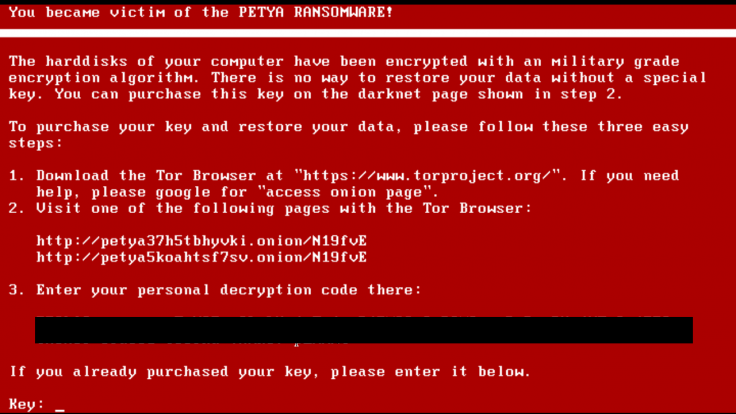
Cybersecurity experts see ransomware attacks as the prevalent online threat in 2018 following the high success rate of data breaches for ransom in 2017 that targeted government institutions and private corporations around the world. The number of hacking incidents is expected to increase in the course of the year.
Ransomware is a simple form of malicious software that penetrates defence and locks down computer files using strong encryption. Hackers then offer companies or organisations to bail out of the breach in exchange for money. Organisations, usually those with a network of computers, can only regain access to held-up files once they pay the ransom, which is normally fulfilled in digital currencies.
Also read: 4 biggest and worst data breaches in 2017
"That's the first piece we're going to massively see in 2018— the leveraging of ransomware to go out and exhort individuals," DomainTools senior security researcher Kyle Wilhoit tells TechRepublic.
In May 2017, the world was startled by the WannaCry ransomware attack that bogged down the British National Health Service, multinational courier delivery FedEx, Japanese automobile manufacturer Nissan, Russian banks, telecom providers, railway system and the interior ministry, several universities in China and many more. A month later, the Petya ransomware attack struck companies across Europe and the US.

Japanese cybersecurity firm TrendMicro and tech magazine Technology Review have drummed up similar cyber threat predictions for 2018, with ransomware attacks topping their respective lists. Big cloud firms like Google, Amazon and IBM may dodge the bullet, thanks to its top-calibre digital security experts; the publication, however, warns "smaller companies are likely to be more vulnerable".
Also read: North Korean hackers behind WannaCry, robbed millions in cryptocurrencies
"One big target in 2018 will be cloud computing businesses, which house mountains of data for companies. Some also run consumer services such as e-mail and photo libraries," reads Technology Review's report, adding that the rise of cryptocurrencies makes ransomware popular with criminal hackers.
TrendMicro urges companies to strengthen their security planning, further educate employees and spread awareness around ransomware as threats continue to multiply.
Some reports have pointed the suspicious finger at North Korean hackers alleging that the country requires huge amounts of money in view of sanctions imposed on it owing to its nuclear adventure and missile regime violations.









